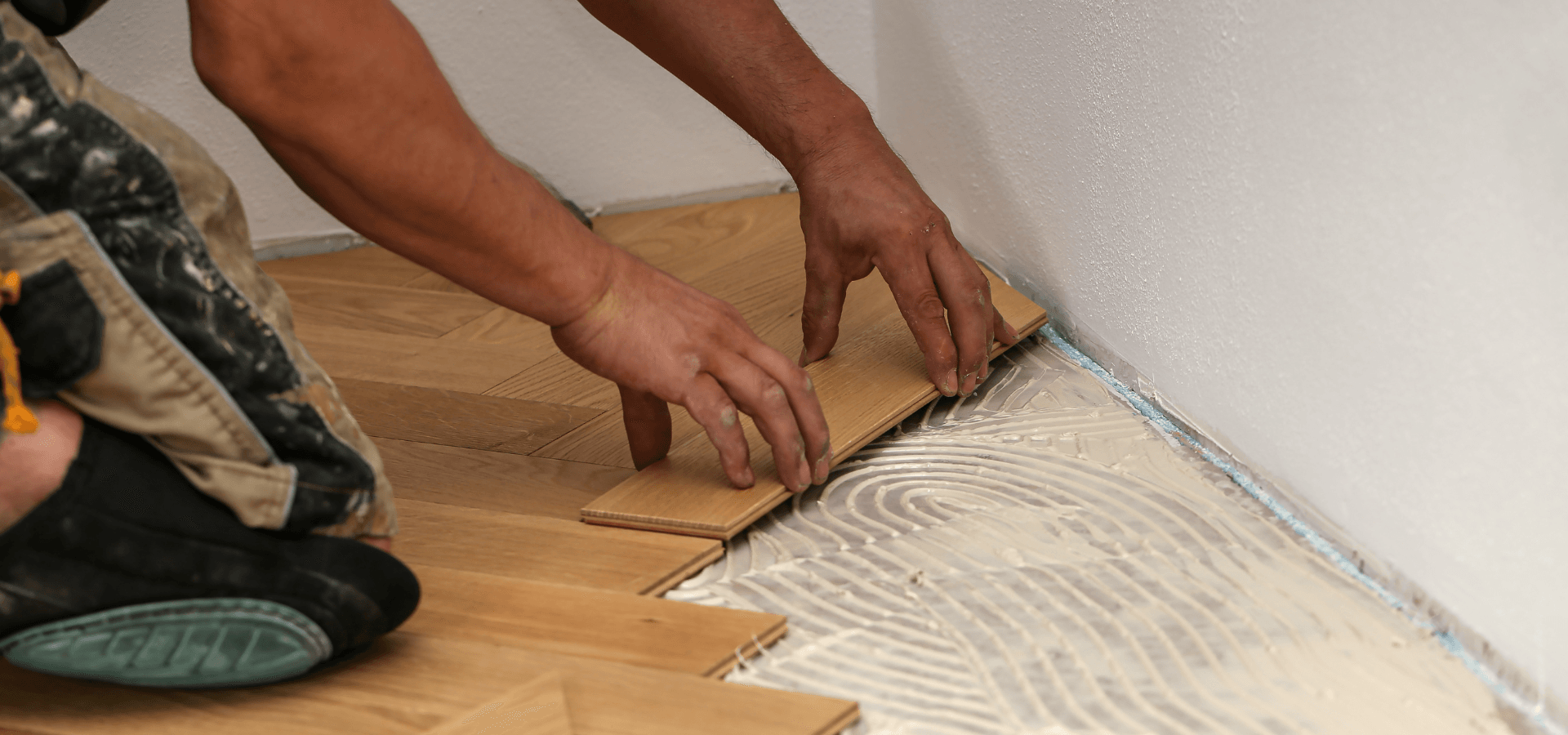In an era defined by rapid technological advancements, the integration of technology has become a cornerstone for businesses across industries, and the flooring industry is no exception. As competition intensifies and customer expectations rise, flooring companies must leverage technology to address challenges like inventory management, customer relationship management (CRM), and seamless project coordination. Recent insights from a survey conducted by Cyncly shed light on how industry professionals view technology and the path forward for successful integration.
The Growing Importance of a Fully Integrated Technology Suite
One of the most significant takeaways from the survey is that 56% of flooring industry professionals consider having a fully integrated technology suite as “very important.” This trend underscores the increasing demand for solutions that streamline operations across various functions, from sales to inventory tracking and installation.
Why Integration Matters
- Operational Efficiency: A fully integrated suite connects all business functions, reducing the need for juggling multiple systems and minimizing errors.
- Real-Time Insights: With integrated tools, businesses can access real-time updates on inventory levels, order statuses, and sales data, ensuring better decision-making and smoother operations.
- Improved Collaboration: Seamless communication between teams—sales, warehouse, and installation—ensures everyone is aligned, enhancing productivity and customer satisfaction.
Pro Tip: When evaluating an integrated system, prioritize platforms that offer customizable dashboards and robust analytics to keep your teams informed and agile.
Single End-to-End Vendors vs. Third-Party Tools
A notable insight from the survey is the preference for single end-to-end technology vendors over integrating multiple third-party tools. While specialized software options are available, flooring businesses seem to value simplicity and ease of use above all else.
Benefits of an All-in-One Vendor
- Simplicity: Using a single platform reduces compatibility concerns and eliminates the need for multiple logins or interfaces.
- Ease of Training: Employees can focus on mastering one system, reducing the time and cost associated with onboarding.
- Enhanced Reliability: An all-in-one solution ensures smoother data synchronization and fewer integration issues.
Real-World Scenario: Imagine a flooring company struggling with separate tools for CRM, inventory, and project management. Transitioning to a unified platform streamlines workflows, ensures consistent data across departments, and drastically reduces downtime caused by system misalignments.
Pro Tip: Evaluate vendors based on their track record for reliability and the breadth of services they offer to ensure long-term scalability.
Key Factors When Choosing Technology Solutions
1. Cost
Unsurprisingly, cost is the top consideration for 74% of survey respondents. Flooring businesses operate in a competitive market with tight margins, making affordability a critical factor.
- Practical Insight: Focus on solutions that provide clear ROI, such as reducing labor hours through automation or improving inventory accuracy to avoid overstocking.
2. Ease of Integration
Ease of integration was highlighted by 56% of respondents as the second most important factor. Flooring companies seek systems that can be implemented quickly without disrupting daily operations.
- Pro Tip: Choose technology that integrates seamlessly with your existing tools and workflows. Look for plug-and-play solutions or platforms with comprehensive API support.
3. Support Services
Reliable technical support is a must for 46% of flooring professionals. Whether troubleshooting issues or optimizing system performance, dependable customer support can make or break the user experience.
- Practical Insight: Prioritize vendors with 24/7 support, dedicated account managers, and proactive maintenance services to minimize downtime and maximize efficiency.
Actionable Takeaways for Flooring Businesses
- Adopt Fully Integrated Solutions: Invest in platforms that connect all aspects of your business, from inventory and sales to project management, ensuring a streamlined workflow.
- Simplify with a Single Vendor: Reduce the complexity of managing multiple tools by opting for an end-to-end technology provider.
- Prioritize Cost-Efficiency and ROI: Choose solutions that align with your budget and deliver measurable results, such as reduced errors, faster project completion times, and improved customer satisfaction.
- Emphasize Training and Support: Ensure your team is fully equipped to use the new system effectively by selecting vendors that provide robust training resources and ongoing support.
Conclusion: A Clear Direction for the Future
As the flooring industry embraces technological innovation, the focus on integrated solutions, cost efficiency, and reliable support will shape the path forward. Businesses that invest in the right technology today will not only improve operational efficiency but also enhance the overall customer experience—a critical factor in standing out in an increasingly competitive market. By understanding these trends and adapting accordingly, flooring companies can position themselves for sustained growth and success in the years to come.
Pro Tip: Regularly review your technology stack and gather feedback from your team to ensure it continues to meet your business’s evolving needs.






